BU’s Research Café kicks off exploring cybersecurity in smart cities
 Our new Research Café series launched last week at the BGB Café with a thought-provoking discussion on smart cities and cybersecurity. The event brought together members of the public, researchers, and local businesses to exchange ideas, ask questions, and connect with BU’s research community.
Our new Research Café series launched last week at the BGB Café with a thought-provoking discussion on smart cities and cybersecurity. The event brought together members of the public, researchers, and local businesses to exchange ideas, ask questions, and connect with BU’s research community.
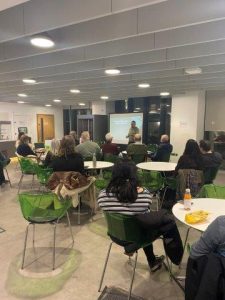
Professor Vasilis Katos speaking at Research Café
Leading the conversation was BU’s Professor Vasilis Katos, who explored how residents, businesses, and policymakers can work together to protect smart city infrastructure from growing cyber threats. Professor Katos highlighted the increasing reliance on digital systems in urban environments and the need for proactive security measures to prevent attacks that could disrupt essential services.
Joining the conversation was Emily Rosenorn-Lanng, PhD student and CEO of BU pre-spin-out Cyber Innovations Ltd, who shed light on the often-overlooked psychological impact of cyberattacks. Emily emphasised how cyber incidents can leave individuals and small businesses feeling vulnerable, highlighting the need for greater awareness, resilience, and support systems.
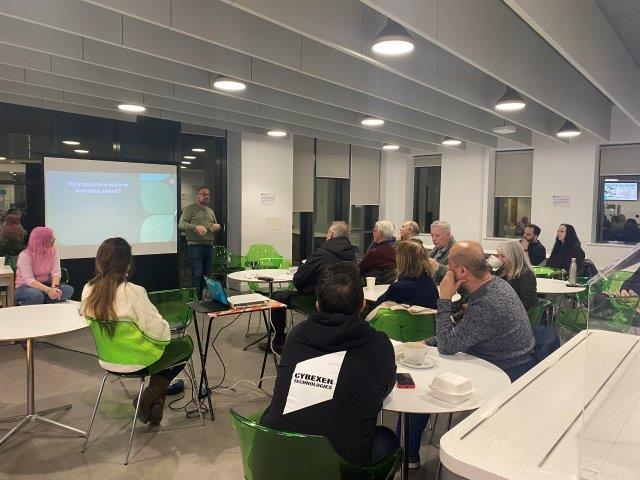
Professor Vasilis Katos & Emily Rosenorn-Lanng with Research Café attendees
The session sparked a lively discussion, with audience members including local business owners sharing their concerns and experiences. Attendees described the event as “exceptionally engaging,” “eye-opening,” and “a fantastic opportunity to learn from experts.”
Emily Rosenorn-Lanng reflected on the event “Cybersecurity isn’t just about technology – it’s about people. When attacks happen, they don’t just affect data; they impact lives, trust, and livelihoods. Protecting our digital world means understanding the human side of cybersecurity too.”
 Next up in our Research Café series
Next up in our Research Café series
Showcasing Tomorrow’s Researchers – Tuesday 6 May, 6:30-8pm at BGB Café
We are excited to announce the next event in our Research Café series will feature postgraduate researchers from Bournemouth University, who will share insights into their innovative research.
Come along to hear about their work, ask questions, and gain a glimpse into the future of research.
More details coming soon
Contact
If you have any questions about this event or the Research Café series, please contact the Public Engagement with Research Team at publicengagement@bournemouth.ac.uk



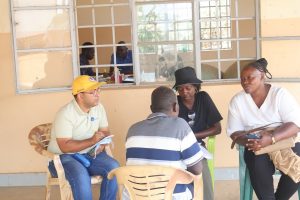
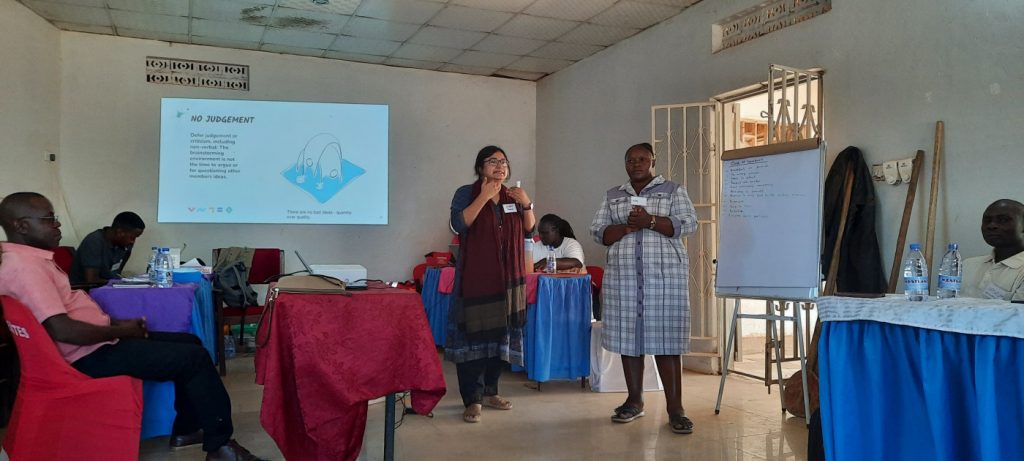







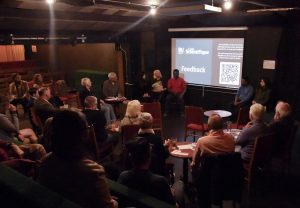
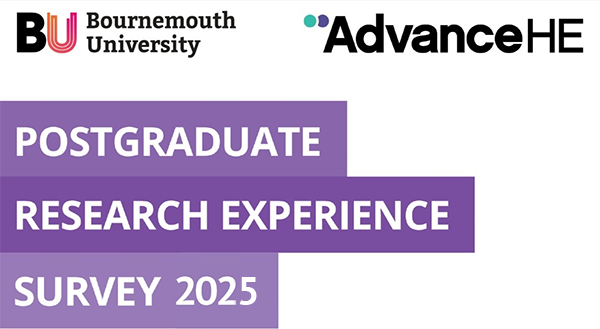
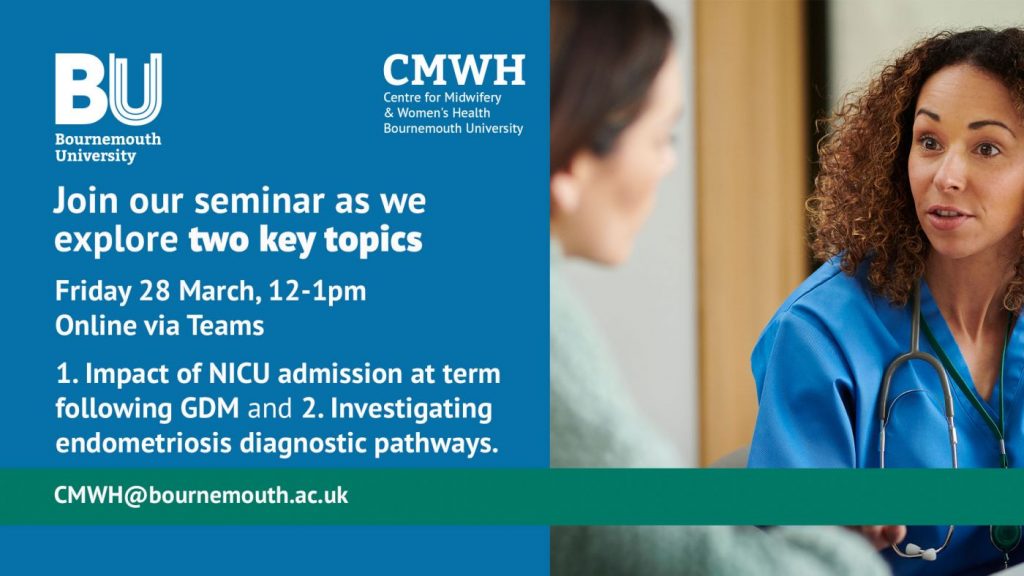
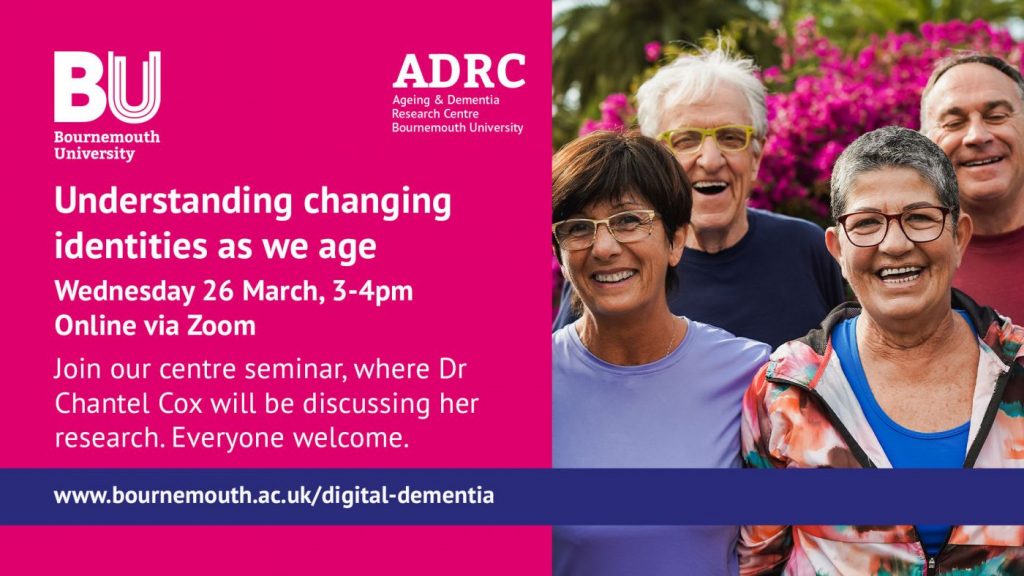


 Being Human
Being Human
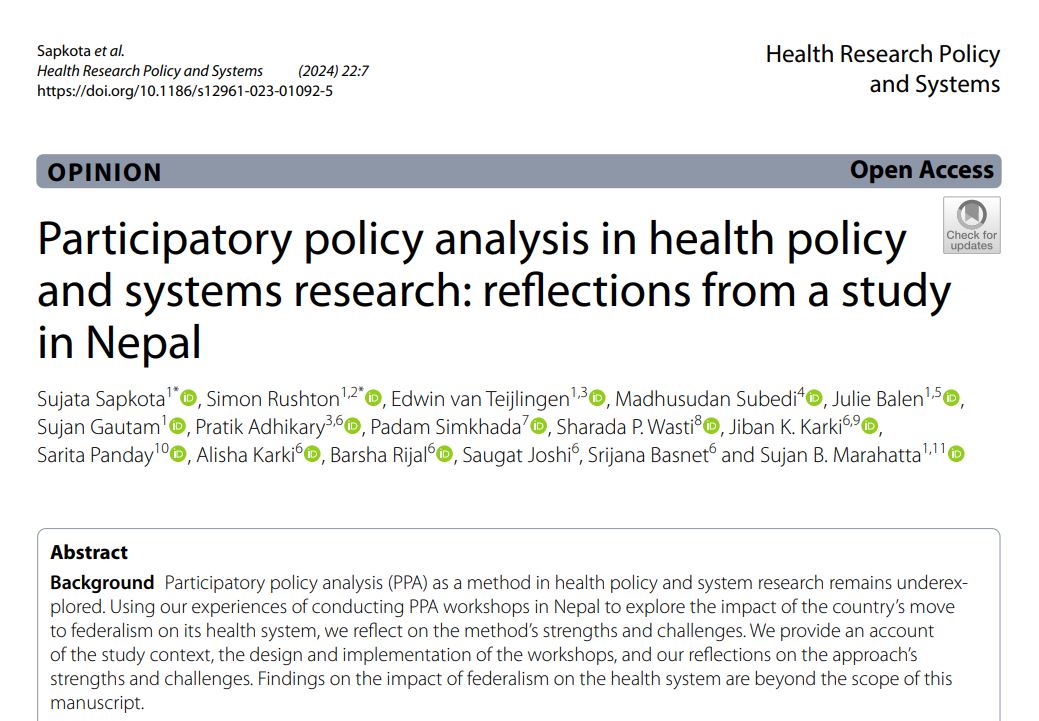
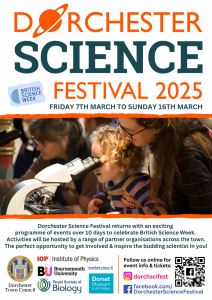
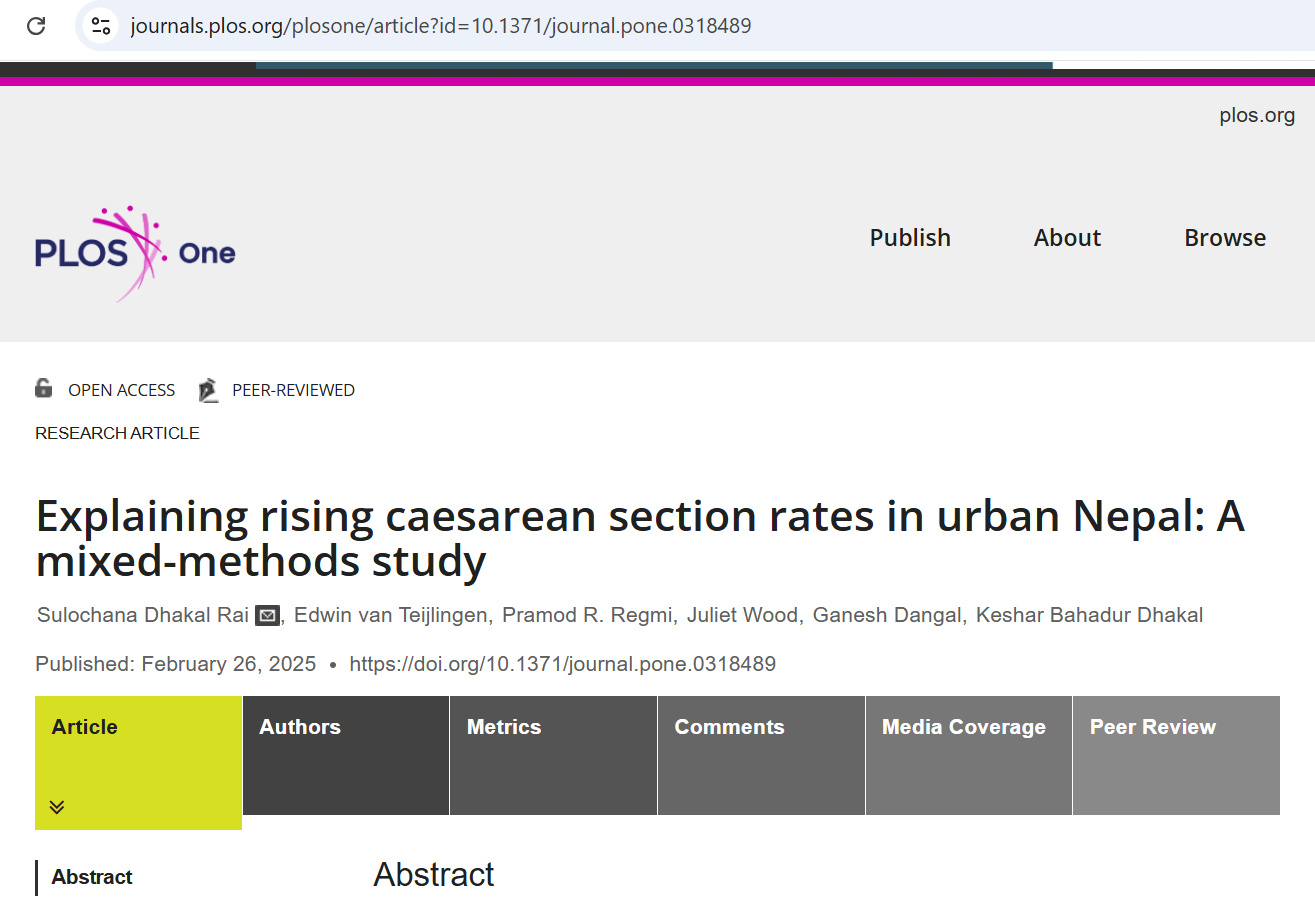



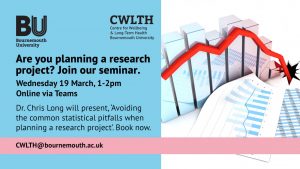











 Dr. Ashraf cited on ‘Modest Fashion’ in The Guardian
Dr. Ashraf cited on ‘Modest Fashion’ in The Guardian NIHR-funded research launches website
NIHR-funded research launches website Academics write for newspaper in Nepal
Academics write for newspaper in Nepal New paper published on disability in women & girls
New paper published on disability in women & girls MSCA Postdoctoral Fellowships 2025 Call
MSCA Postdoctoral Fellowships 2025 Call ERC Advanced Grant 2025 Webinar
ERC Advanced Grant 2025 Webinar Horizon Europe Work Programme 2025 Published
Horizon Europe Work Programme 2025 Published Horizon Europe 2025 Work Programme pre-Published
Horizon Europe 2025 Work Programme pre-Published Update on UKRO services
Update on UKRO services European research project exploring use of ‘virtual twins’ to better manage metabolic associated fatty liver disease
European research project exploring use of ‘virtual twins’ to better manage metabolic associated fatty liver disease